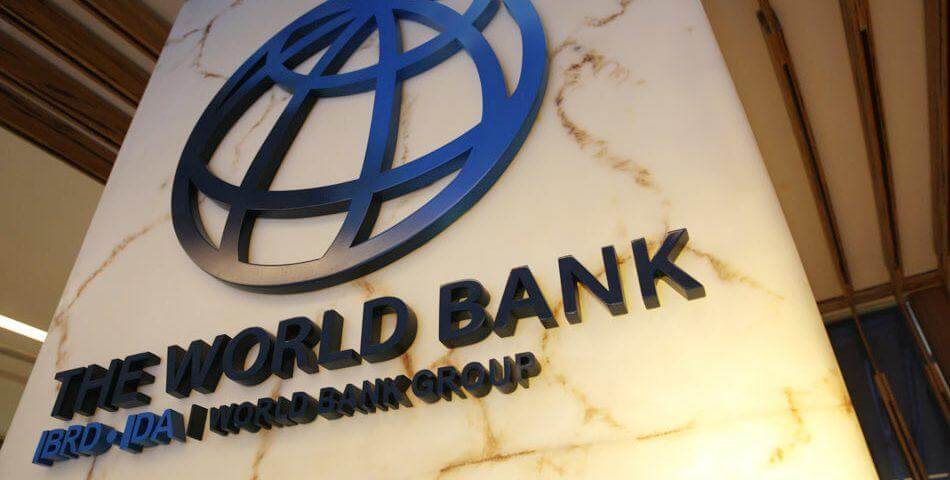The World Bank on Monday gave five priority areas that the Federal Government should focus on to enable the country avoid it’s worst economic recession in 40 years.
The suggestions became imperative following revelations contained in its Report released last week, which stated that the Nigerian economy could record it’s worst recession in 40 years.
Advertisement
The global financial institution had in the Report, titled ‘Nigeria in times of COVID-19: Laying foundations for a strong recovery,’ estimated that Nigeria’s economy would likely contract by 3.2 per cent this year.
In that Report, the World Bank had said the collapse in crude oil prices, coupled with the negative impact of the COVID-19 pandemic, is expected to plunge the “Nigerian economy into a severe recession, the worst since the 1980s”
But Speaking on a live Television Programme, “MoneyLine with Nancy” on African Independent Television monitored by our Correspondent, the World Bank Lead Economist for Nigeria, Marco Hernandez, said that how the Federal Government responds to the Covid-19 induced economic crisis would determine the direction of the economy.
Hernandez said that in view of the fact that the health crisis was affecting governnment revenue, thus constraining the fiscal space, it had become imperative for the goverment to quickly focus on five priority areas.
Advertisement
He gave these areas to include enhancing macroeconomic management to boost investor confidence, safeguarding and mobilising revenues, reprioritising public spending to protect critical development and stimulate economic activities.
He also said there is need to protect the poor and vulnerable communities, adding that measures should be intensified to
contain the Coronavirus pandemic.
Henandez said, “There is need to contain the outbreak, strengthen macroeconomic environment, boost revenue, and reduce expenditure due to lack of fiscal space by prioritising spending.
“The government needs to support lives and livelihood for the farmers and other aspects of the informal economy.”
Also Speaking, the World Bank Country Director for Nigeria, Shubham Chaudhuri, said that while the long-term economic impact of the global pandemic is uncertain, the effectiveness of the government’s response is important to averting the looming recession.
Advertisement
He said the effectiveness of the response would also help to determine the speed, quality, and sustainability of Nigeria’s economic recovery.
He said it had become more urgent to address bottlenecks that hinder the productivity of the economy and job creation as the country battles the impact of the Coronavirus pandemic.
Chaudhuri said, “This is an unprecedented shock. What we are saying is that Nigeria should be prepared because of the scale of the crisis.
“What happened in 2016, Nigeria was hit hard but other economies around the World were not hit as hard especially the ones that are not so dependent on oil revenue.
“This time around, it’s the entire world and even as oil prices is low because of Nigeria vulnerability to oil price shocks, what could happen in Nigeria is much more severe than what we are talking in 2016.
“So Nigeria has to be prepared for it and it’s an occasion for goverment to rise up to the challenge.
Advertisement
“For goverment to respond, it needs fiscal resources. This crisis provide opportunities for moving into the market to grow.”
When asked if it was right for goverment to borrow to tackle the impact of the economic crisis, he said borrowing is good provided the funds are channeled into productive activities.
He advised that any loan that would not be spent in areas that would have positive impact on the lives of Nigerians should not be undertaken.



